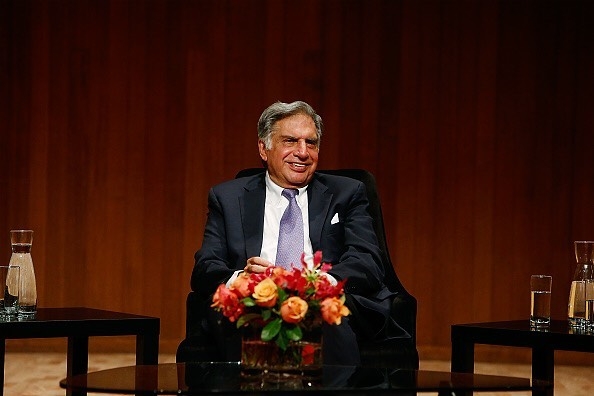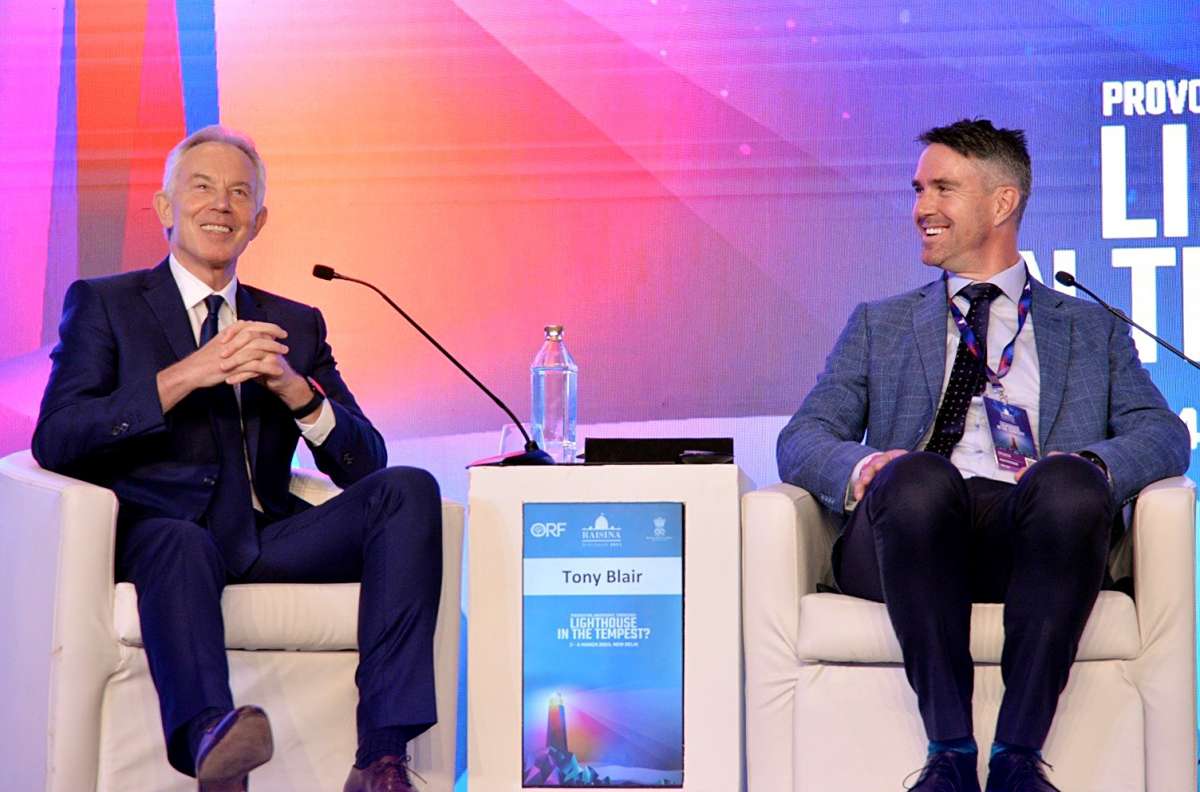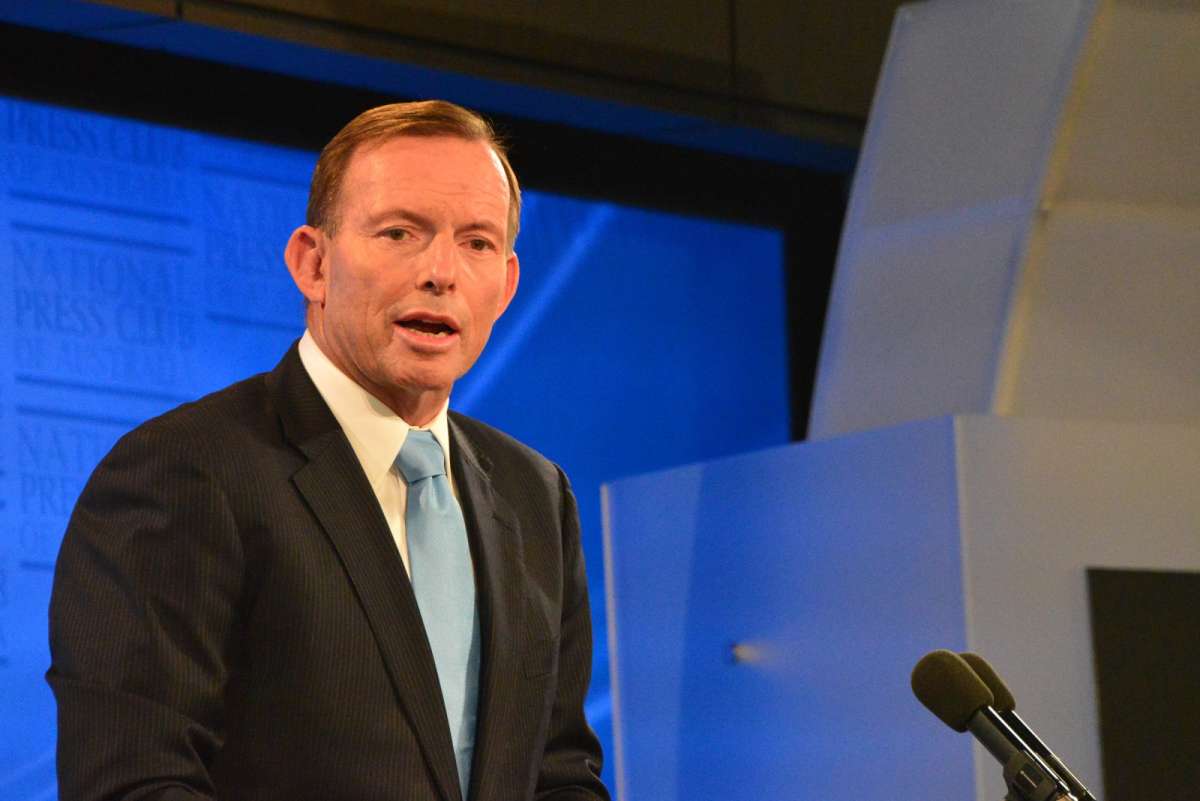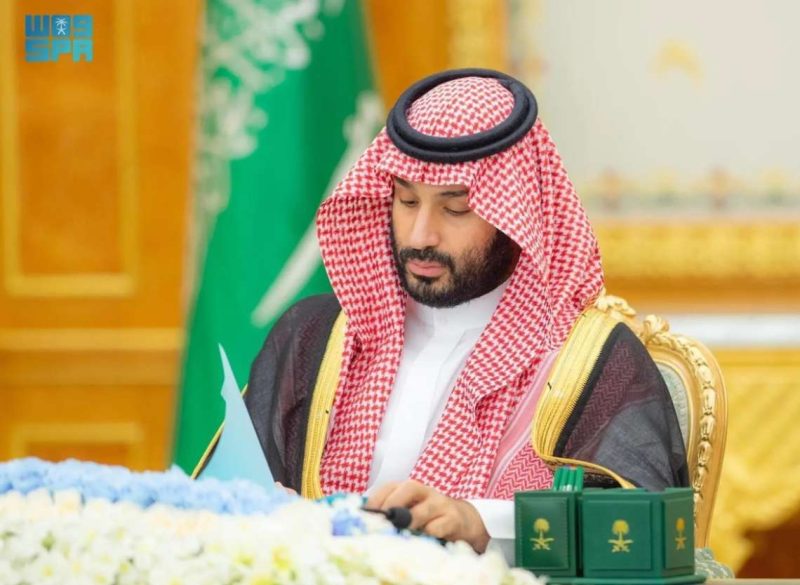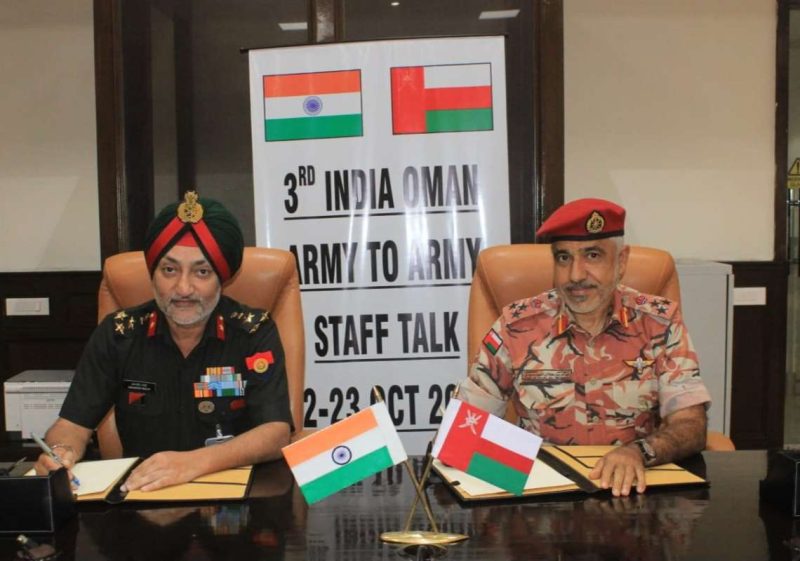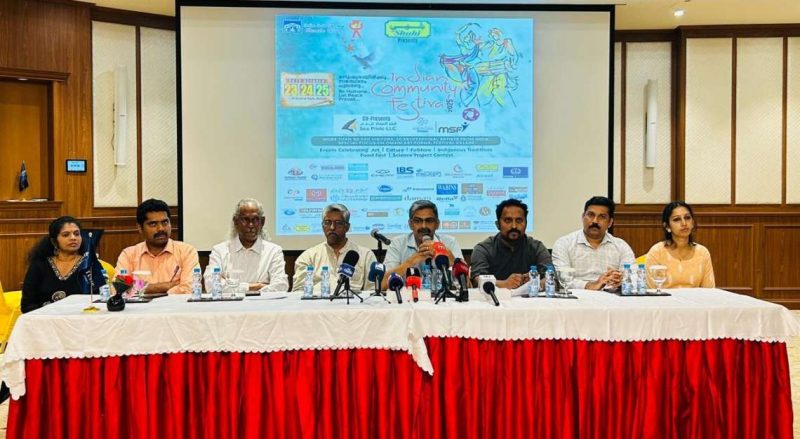With the rest of the world struggling with inflationary pressure and a looming episode of recession, India has emerged as a major player in the global market … writes Dr Rakesh Sharma
The investment-led growth trajectory embarked on by India has led many experts to produce an optimistic assessment of the economy, leading to the building of a USD 5 trillion economy soon. India’s equity market’s outstanding performance is not being considered a sporadic occurrence but rather a beginning of a sustained upward trend. Moreover, India’s weight in MSCI Emerging Markets Index has risen by 5 percentage points while that of China has fallen by 7 percentage points.
However, the financial market is not the only sphere where the Indian economy has shocked the world. The recent Air India deal with Boeing and Airbus has acquainted the world with the massiveness of India’s economic potential. The unprecedented colossal order placed by India in the international market has set forth the economics of demand-driven growth.
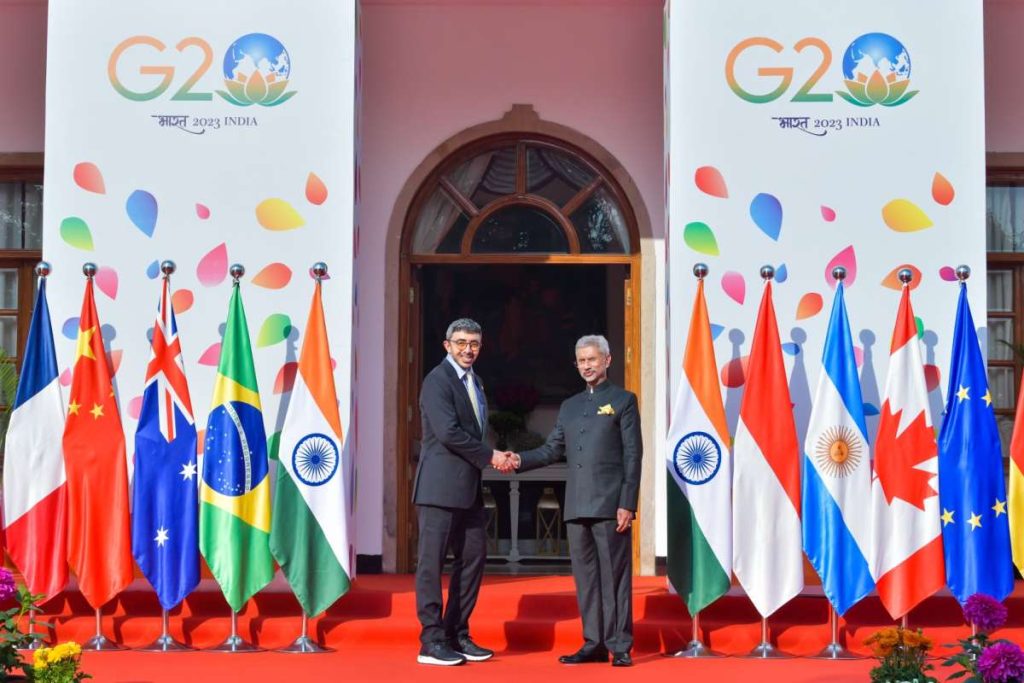
The order for more than 500 aircraft comes with multiple backward and forward linkages, benefitting Indian and world economies together. Felicitated by US President Joe Biden as a “historic agreement,” the deal stands to create over one million jobs in the US. In the same spirit, UK’s Prime Minister Rishi Sunak welcomes the deal for supporting job creation and growth in the UK. The agreement also stands to create more than 5000 jobs in the Indian aviation industry, thus boosting employment in both the manufacturing and service sector worldwide.
Accompanied by India’s capital expenditure on building new airports, the deal stands to provide an edge to Air India in providing air services globally. The agreement also, in turn, feeds into the nation’s goal of self-reliance. With the expansion of Air India, India intends to enter the US and Australian markets while challenging the monopoly of the Gulf airlines in the aviation market.

The Air India deal is one of the many examples of the expansion of India Inc. abroad and its contribution to global economic growth. Over the last two decades, Indian companies have adopted globalization strategies by establishing their plants abroad, acquiring sick units, and penetrating newer geographies in developed and emerging markets. These include giants like Bharat Forge, Asian Paints, Marico, Wipro, and Aurobindo Pharma, to name a few. Not just the giants but the start-ups are also scaling up fast by acquiring companies in both developed as well as emerging economies.
Start-ups like OYO, BYJUs, and Zomato have acquired companies in Amsterdam and the US to scale up their operations. What drives India Inc.’s fast pace internationalisation? The answer lies in the values and experiences learned by these companies while growing in a country marked by resource and capacity constraints. To put it metaphorically, the lessons by-hearted by Indian companies during their growth process can be summarised as ECG – Efficiency, Consciousness, and Growth.
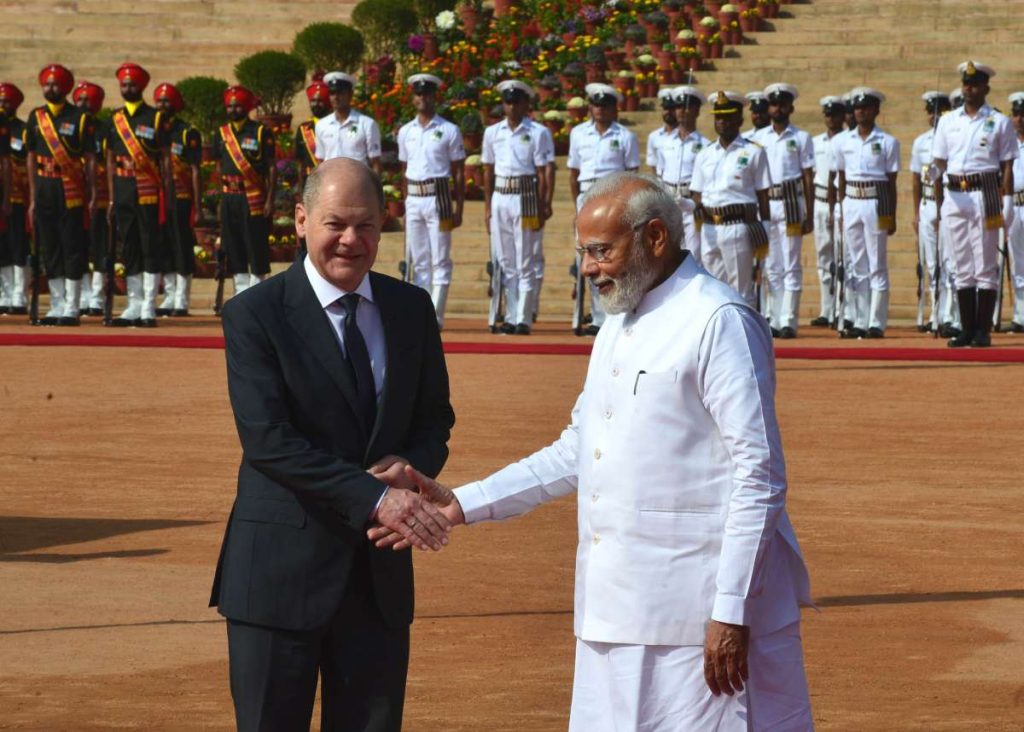
First, the efficiency is achieved by corporates not through the Jugaad economy, for which India was notoriously famous, but by adopting innovative and cost-effective strategies which they have honed over the years while growing in India. Second, Indian companies have been altering their operations, workspaces, and HR policies to reflect the ethos of sustainability and inclusion. Giants like Infosys, Taj Hotels, Kotak, Godrej, and Mahindra have committed to sustainable practices ranging from building sustainable business campuses to as small as switching from plastic bottles and straws.
Not just giants, even start-ups have adopted conscious policies like paid parental leave to ensure gender diversity given by Zomato. This model of compassionate capitalism 910 adopted by Indian companies provides a unique impetus for their global expansion. Third, the vie to scale up at a fast pace, and the resilience is quite evident, looking at their progress since the 1991 reforms. The economic reforms came with the fear that Indian Inc. would perish with the advent of MNCs. However, this fear has not only been found baseless but also, as evident, India Inc. has speedily internationalised itself using greenfield investments or acquisitions in developed and emerging economies over the last three decades. Indian companies’ intention to raise employees’ salaries by 10%11 on average, despite the global slowdown, is a testament to the growth prospects of India Inc.
The demand-driven growth led by corporate India is attributed to two main interlinked factors. One is the sheer size of the Indian population, accompanied by the window of demographic dividend. Second is the substantial improvement in the standard of living, with rising labour force participation and per capita incomes. This has led to growth led by increasing consumer demand, expectations for which remain strong despite macroeconomic and climatic vagaries. These conditions combine to deliver a paradigm of demand-driven growth nationally and globally. IMF’s projections provide evidence for the same. India is expected to alone provide 15% of global economic growth in 2023, along with global growth above the rate much above the world average.
Lastly, the resilience exhibited by the Indian economy with the unfettered scaling up of India Inc. in domestic and international markets exemplifies the harmony and synergies between corporates and the state. The massive capital expenditure on infrastructure by the government is providing the corporates avenues to support growth and employment generation domestically and globally. With this the world economy has ushered into a new era of globalization and economic growth facilitated by India’s and its corporates’ resilient and robust growth.


